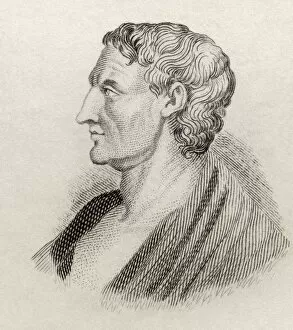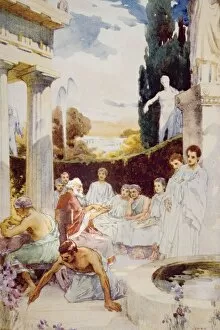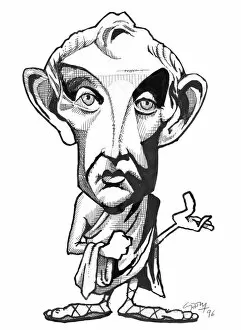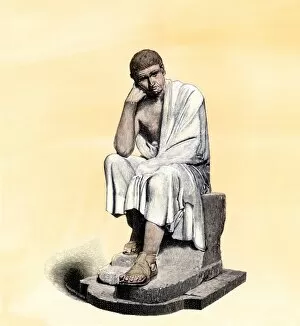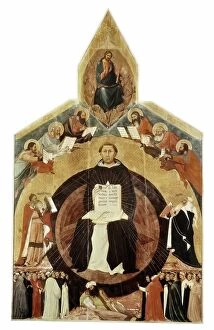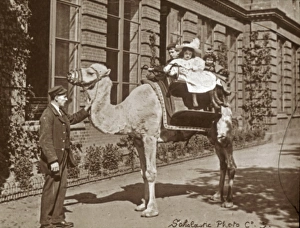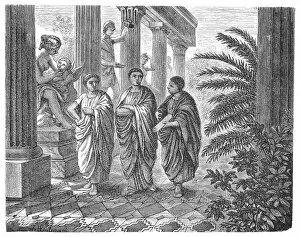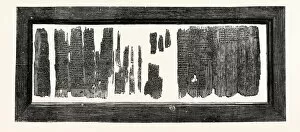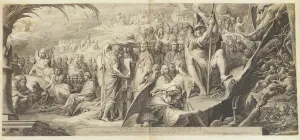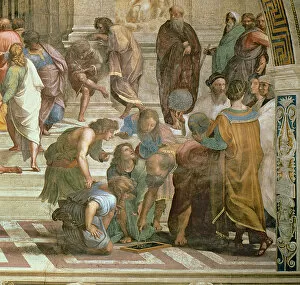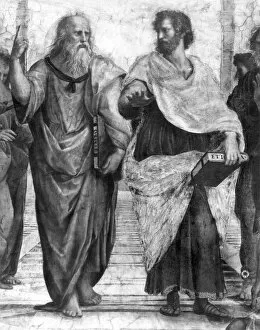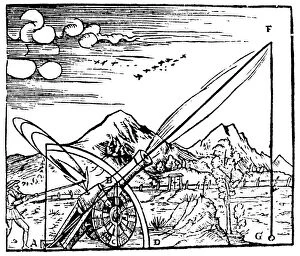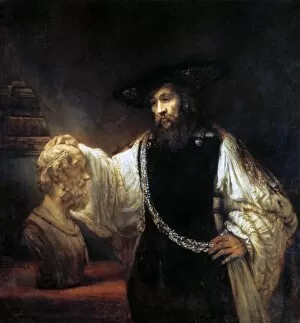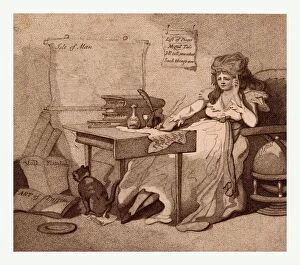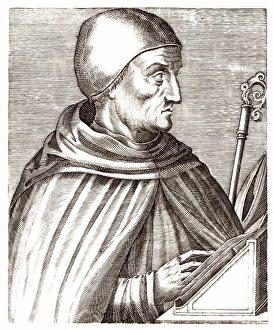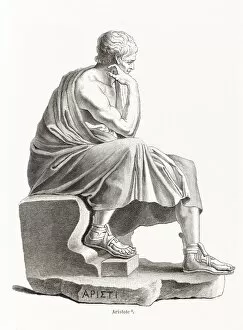Aristotle Collection (page 4)
"Aristotle: A Legacy of Wisdom and Influence" Aristotle, the renowned Greek philosopher, continues to captivate our minds with his profound insights and lasting impact
All Professionally Made to Order for Quick Shipping
"Aristotle: A Legacy of Wisdom and Influence" Aristotle, the renowned Greek philosopher, continues to captivate our minds with his profound insights and lasting impact. From Rembrandt's masterpiece "Aristotle with a Bust of Homer" to Raphael's iconic fresco "The School of Athens, " Aristotle's intellectual prowess is immortalized in art. In these timeless works, we witness Aristotle engaging in deep contemplation alongside other great thinkers like Plato and Alexander the Great. His teachings shaped the foundations of Western philosophy, science, and politics. As depicted in Jean Leon Gerome Ferris' painting, Aristotle mentored Alexander himself, leaving an indelible mark on one of history's most influential leaders. Through his writings and lectures at Plato's Academy, Aristotle delved into diverse subjects such as ethics, metaphysics, logic, biology, and more. His thirst for knowledge knew no bounds. The Uffizi Bust reminds us that even after centuries have passed since his existence from 384-322 B. C. , Aristotle remains an emblematic figure whose ideas continue to resonate. Yet it is not only through scholarly pursuits that we remember him; Hans Baldung Grien's artwork portrays a lesser-known side of this extraordinary thinker – vulnerability. In "Aristotle and Phyllis, " we see him succumbing to temptation as he sheds tears over forbidden love. This conceptual piece serves as a reminder that behind every brilliant mind lies human emotions and complexities. It humanizes Aristotle beyond his intellectual achievements alone. As we contemplate these various representations throughout history – tutoring Alexander or shedding tears – let us recognize the multifaceted nature of this ancient philosopher who left an enduring legacy for generations to come. Whether it be through academic discourse or emotional introspection captured by artists across time periods, Aristotle continues to inspire curiosity about life's fundamental questions while reminding us that wisdom can be found within both intellect and emotion alike.

